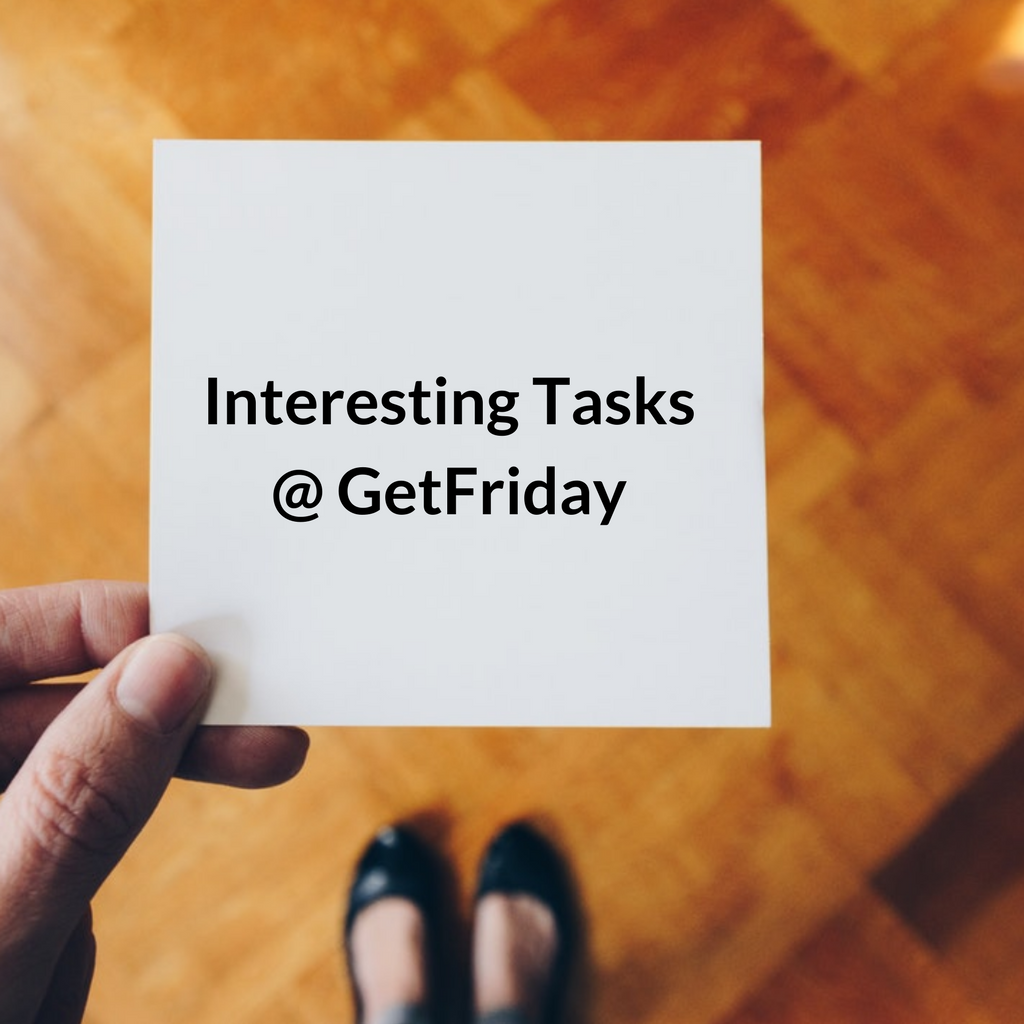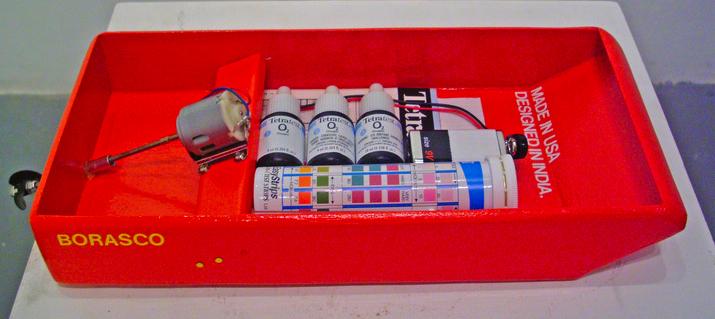We live in an age where we are continuously bombarded with a plethora of choices. We constantly push for more and more choices as well, thinking that it will give us more freedom and will truly liberate us. More choice is equated to more happiness. And it is almost considered a pseudo-fundamental right in most developed and fast developing nations. But does more choice really mean liberation, more happiness? The answer is NO.
Looking back on my own life as a kid in a place like India in the 1980s, the choices were way too limited. You just had the state run television with one channel. The telephone line and the device (with the rotary dial) too was supplied by a state run agency and had a black only option. There was only one type of car, the Ambassador (based on the Morris Oxford III model) in a predominantly white model. Reminds you of Henry Ford and his famous statement “Any color….so long as it is black”. Service with the very few options available was pathetic. Almost always was a Hobson’s choice. But strangely enough it still held a lot of joy for the consumer.
You eagerly waited for your favorite programs on TV (that probably aired once a week). The stuttering long distance call made on trunk dialing (the telephone operator actually switches you and connects) after an inordinately long wait, gave an immense sense of satisfaction about connecting to people far away in those days. The one and only car was truly a status symbol in those days. It was loved dearly by its owners. Sounds strange!
Come the era of satellite television, mobile telephony and the internet, the choices have multiplied exponentially and have gone past the stratosphere, but you still don’t see people truly happy about the choices in front of them. The satisfaction levels as well as the interest levels have gone down. From flicking through channels on your TV incessantly to getting bored with a iphone video game in no time, the new age consumer is highly distracted. The attention span has dwindled to micro seconds and we find it difficult to focus on anything beyond a few minutes. Sprawling malls everywhere provide all your favorite products under a single roof, but yet there are so many choices, so many brands and so many subtle differences that you are completely confused. Online buying provides a wide variety of choices but you are again dependent on a price comparison website or a consumer review website or a consumer blog to tell you what is under the chassis and how to kick the tires before buying anything. Again no definitive answers there. And you are in no mood to trust any single person’s opinion either. All because choice is supposed to empower us. We want to be in control and we are afraid of letting go, lest we make an inferior choice in the bargain.
We are spoilt for choices but we find it extremely hard to make those choices. We almost go into a state of paralysis, mulling over the choices and continuously weighing the pros and cons, over and over again. This paradox is sometimes referred to as ‘Buridan’s Ass‘ (after 14th century French philosopher, Jean Buridan).
Psychologist Barry Schwartz, author of the book ‘The Paradox of Choice‘ illustrates this concept very convincingly and makes a compelling case that ‘more is less’ in this TED talk.
It is indeed true that when we move from a state of limited or no choice to increased choices, consumers experience a surge in happiness or satisfaction. But above a certain threshold limit, it becomes crippling and leads to a huge drop in the satisfaction levels. In fact, the depression that most people experience at this high level of saturation is much more than when compared to a state of limited choice.
Does this paradox have any effect on a VA service like ours? It does and in fact, much more than I first imagined. Sifting through the kind of tasks we normally receive from individual clients (personal assistance, not business), I realized that a significant amount of time was spent on a size-able number of similar tasks. All of them pertaining to reviewing several dozens of choices, if not hundreds and then dwindling them down to a select few from which a client could choose. Options on which cell phone to buy, which one worked better in a particular area, which data plan worked better, which vacation destination was better, which flights were cheaper, which hotels were more convenient, which parking spaces could be pre-booked on a sweet deal, which software app was better to even which movies to watch.
It was easy to figure out that the plethora of choices was driving clients mad, almost into paralysis and perhaps eating away into their precious time. And they probably decided to use some extra help to bring down the choices to a more meaningful and manageable number. I can’t be complaining because this paradox was leading to more business for us. Barry incidentally mentions about Pareto Improvement or optimization of choices being a mutually beneficial option where people with infinite choices shift the onus of making that choice to people who don’t have that many. I think that is what is happening between GetFriday and its clients. Thankfully, that means more business for a VA service like ours and less paralysis for consumers.
Also watch this very interesting TED talk by psycho-economist and author of the book ‘The Art of Choosing‘, Sheena Iyengar. Barry and Sheena, both echo similar thoughts on the subject of choice. Happy viewing!
Sunder P
CEO




Beautifully written Sir. Indeed more choices in the beginning makes you excited but at the same time its also true it confuses you. For example you buy a car/cellphone of your choice but after an year/two you won’t be that much happy as there will be so many other models to choose from within short time that we start thinking “this is the car/cellphone which we should have got” leading to unhappiness. Remembered the good old childhood days waiting for weekly special programs or movie but now we see ourselves just changing channels after channels and finally switching off the TV thinking its boring.